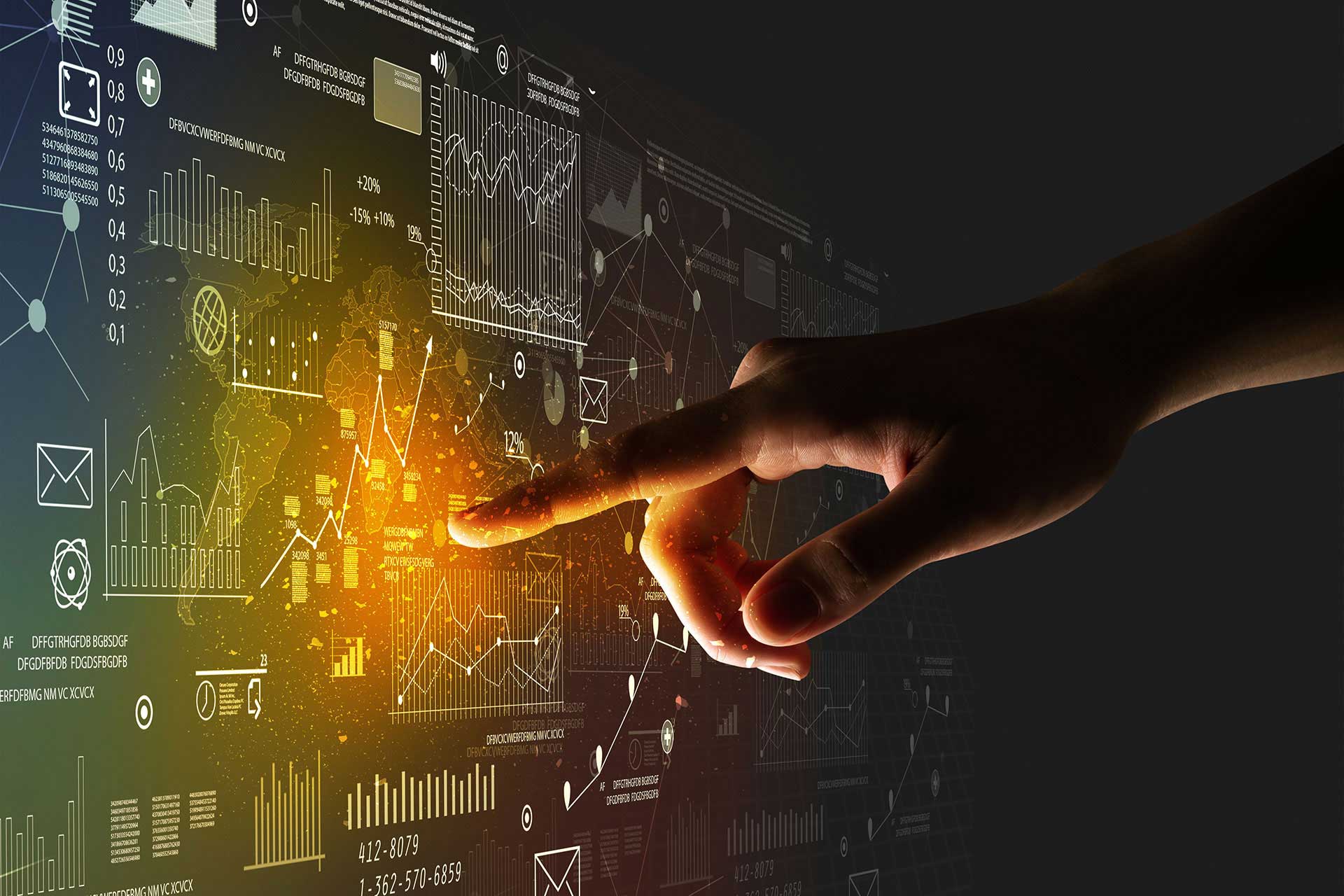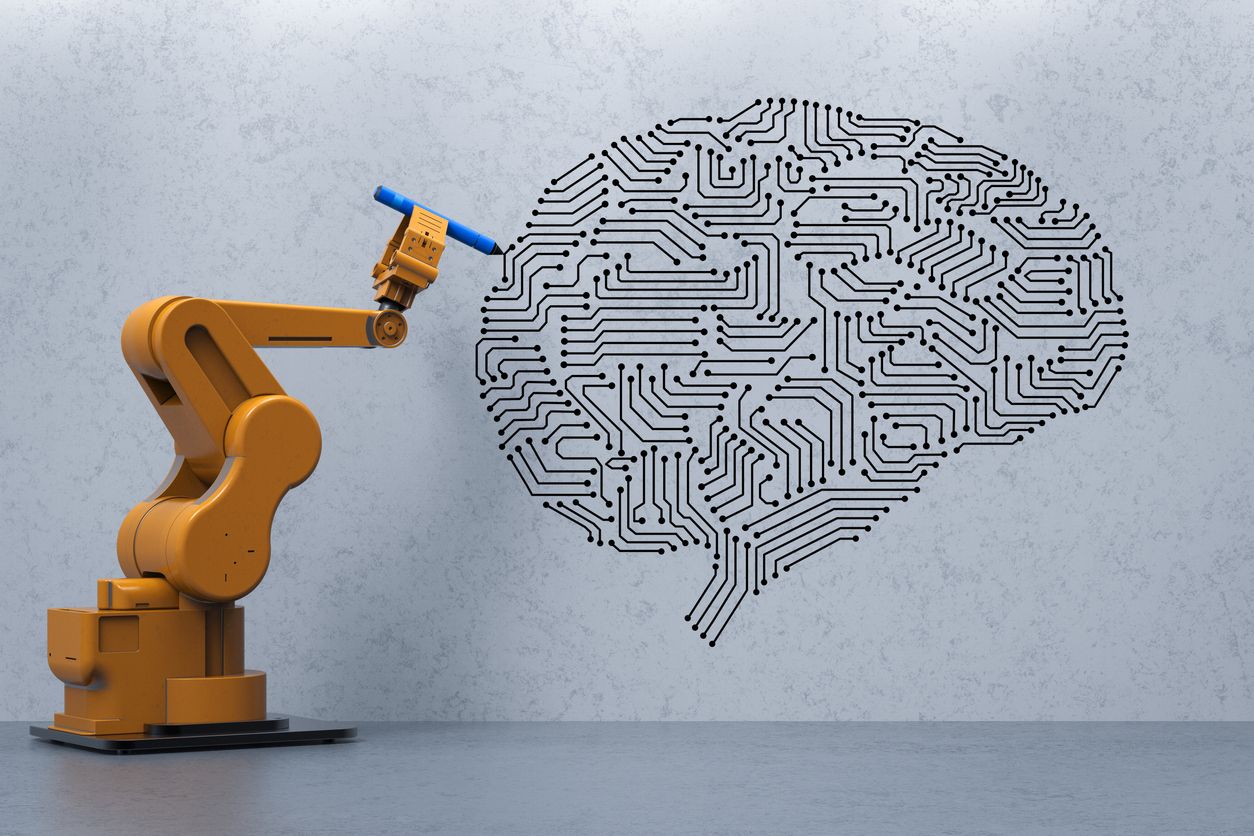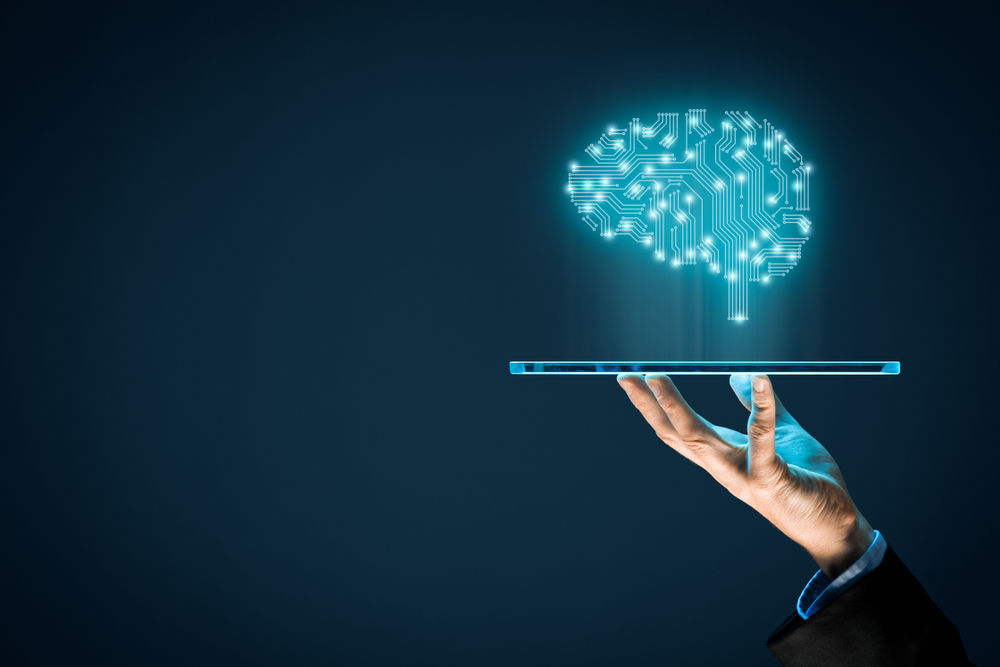In today’s world, there is no question that artificial intelligence (AI) is quickly replacing human financial analysts. With AI’s ability to quickly analyze data and perform complex calculations, it has become a powerful tool for banks and other financial institutions. But what does this mean for the future of finance? In this blog post, we explore some of the potential implications of AI’s rapid expansion in the financial sector. From reducing the need for human financial analysts to increasing transparency in the market, read on to learn more about the role AI will play in future financial markets.
What is artificial intelligence?
Artificial intelligence (AI) is a branch of computer science that deals with the creation of intelligent machines. AI research aims to create computers that are able to reason, learn, and make decisions like humans.
There are many potential applications for AI. For example, AI could be used to diagnose diseases or improve business processes. However, the most widespread use of AI is probably in computing systems, where it is used to speed up tasks and increase efficiency.
What are the benefits of artificial intelligence in the finance world?
Artificial intelligence (AI) is a computer science technique that allows machines to learn from data and analyze it in a way that humans can understand. This can be used for all sorts of tasks, including but not limited to financial analysis. Here are some of the advantages of using AI in this field:
First, AI is fast and efficient. Financial analysts typically have to sift through voluminous data to find the important bits, which can take a long time. With AI, analysts can quickly scan through data sets to find insights they need.
Second, AI is unbiased. Humans are biased by their own opinions and preconceptions, which can distort their interpretation of data. AI cannot be biased, so it provides an objective perspective on data sets.
Third, AI can identify patterns that humans might miss. Humans often overlook patterns when examining data sets; for example, if someone owns a lot of stocks in a certain industry, they might assume that the stock market will perform well in general because of those holdings. However, an AI system would be better able to spot this kind of pattern and alert analysts to it so they can make more informed decisions.
Fourth, AI systems are learning machines and are therefore constantly growing more effective at analyzing data sets. As they gain experience analyzing different types of data sets, they become even better at identifying patterns and insights. This makes them an ever-more valuable tool for financial analysts!
How will artificial intelligence change the financial industry?
The use of artificial intelligence (AI) in the financial industry is set to change the way that markets are analyzed and forecasts are made. AI can identify patterns and relationships in data sets that would be difficult for human analysts to discern. This could lead to huge savings in time and resources, as well as improve accuracy and decision-making.
AI has already started to impact the stock market with algorithms that predict future movements. This technology is being used by a number of financial institutions, such as Goldman Sachs, JPMorgan Chase, and Barclays, to make better investment decisions. AI is also being used by banks to prevent fraud. For example, if a customer makes a large purchase of stocks or bonds, AI can flag the sale as suspicious and trigger an investigation into whether the purchase was legitimate.
In addition to improving efficiency within the financial sector, AI could have a significant impact on consumer products and services as well. For example, Amazon is using AI to recommend books for readers based on their preferences and reading history. Similarly, Facebook uses AI to suggest posts for users based on their interests. These examples suggest that AI will increasingly be used in personal settings – such as shopping and social networking – to provide recommendations and tailored content experiences.
The Future of Financial Analysis
The future of financial analysis is artificial intelligence (AI). AI software can analyze data more quickly and accurately than humans. This means that financial analysts can focus on more important tasks, such as analyzing trends and predicting future events.
In the near future, AI will replace a large number of financial analysts. In fact, by 2025, the McKinsey Global Institute predicts that 75% of jobs in finance will be replaced by AI. These shifts will have a significant impact on the way businesses operate and invest money.
AI has already had a dramatic impact on the banking sector. For example, AI systems are used to identify fraudulent activities before they happen. They are also used to forecast demand for products and services. As a result, banks are able to make better decisions about their investments and loans.
Overall, AI is revolutionizing the way we work and live. It will have a huge impact on the economy in the coming years, and it is essential that we understand how it works so that we can best adapt to its changes.
Conclusion
There is no one answer to this question, as artificial intelligence will likely replace a variety of professions in the future. Some analysts may find themselves replaced by machine learning algorithms, while others may find themselves retrained for new roles in the burgeoning world of artificial intelligence. So far, however, there seems to be little evidence that AI will completely replace human workers in any given area—at least not anytime soon.





